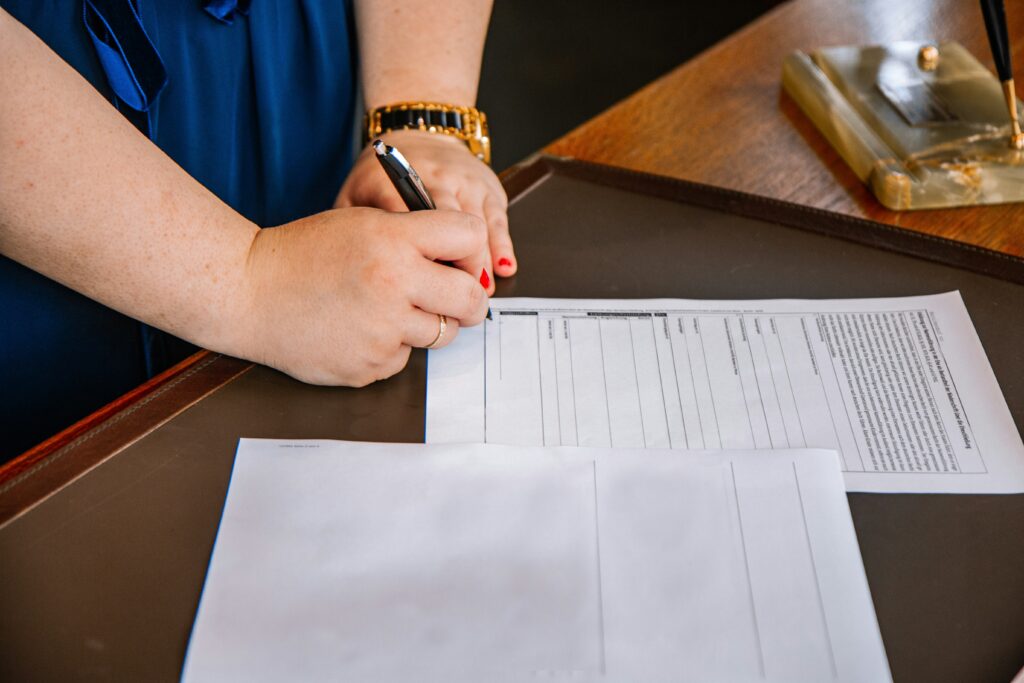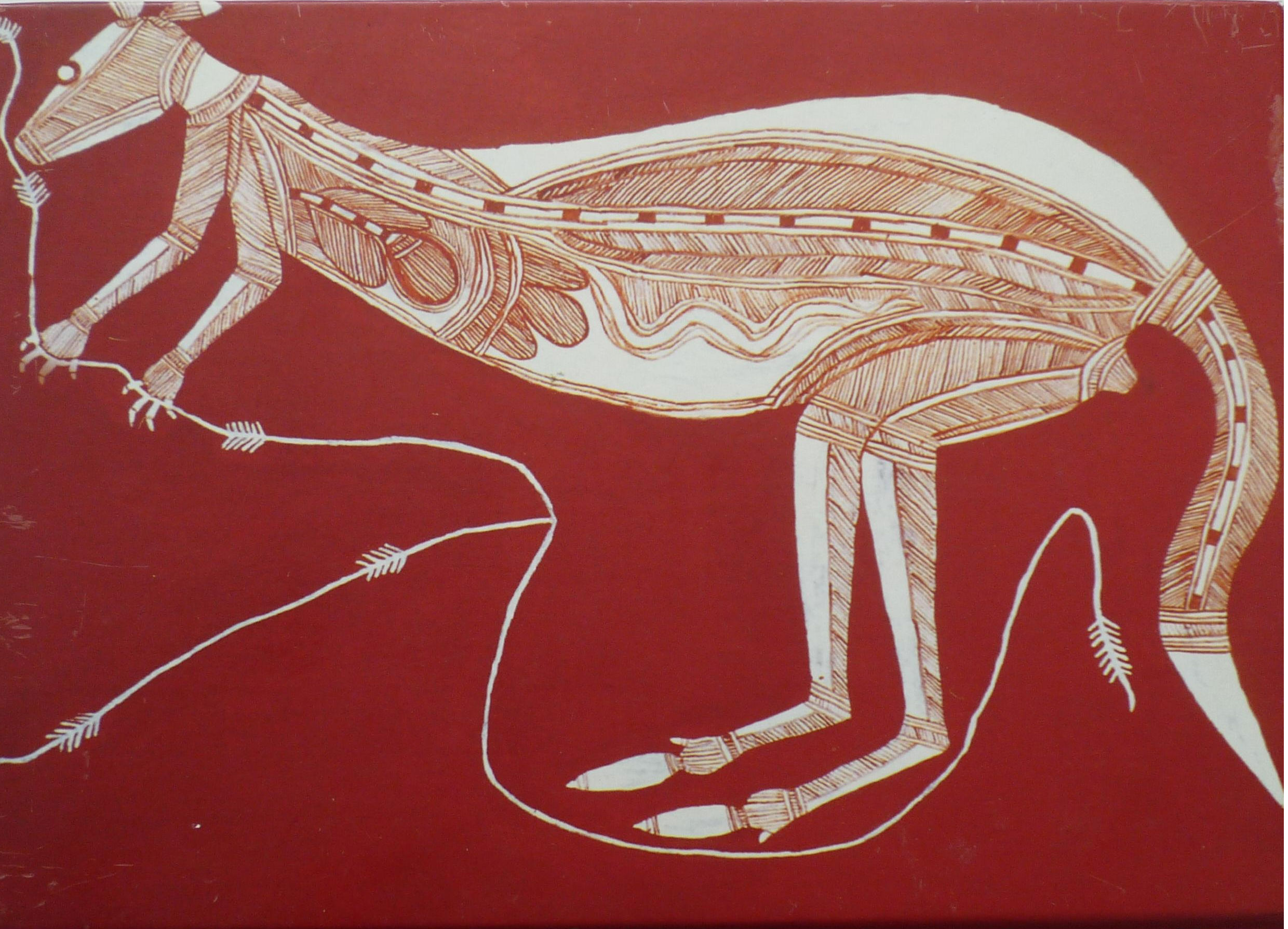Phonographic Performance Company of Australia (PPCA) input agreement: sound recordings


When registering your sound recording with the Phonographic Performance Company of Australia (PPCA), you need to sign an input agreement – a contract – with the PPCA. An input agreement authorises PPCA to collect public performance communication and broadcast royalties on your behalf and it is important you understand that agreement. All PPCA licensors are able to receive free legal advice from Arts Law about their input agreements.
An artist recently registered sound recordings with the PPCA. The PPCA provided him with the input agreement and directed him to Arts Law for advice on direct licensing guidelines and the input agreement.
Arts Law advised the artist on his rights and obligations of the input agreement. One of the obligations of the input agreement is to have direct licensing guidelines. We directed the artist to our free downloadable information sheet on ‘Direct Licensing Guidelines’ and ‘Sample template’. Arts Law lawyer, Rebecca Simpson explained that the direct licensing guidelines refers to two licensing options for the sound recording:
- directs people to the PPCA to licence the transmission and public performance rights of their sound recordings; or
- directs people to licence the artist’s sound recordings through their own terms and conditions.
Option 1 is more suited to copyright owners that don’t have the necessary resources, experience or capacity to licence their sound recording every time a user seeks a licence. Option 2 allows the artist to determine the rights and obligations of licensing their sound recording. Whatever option was selected, Arts Law advised the artist that the PPCA requires that licensors such as the artist make a copy of their direct licensing guidelines available to the public.
We also advised the artist of the different layers of copyright in a song. These are copyright in the musical composition, the lyrics and the sound recording. The PPCA collects royalties for the public performance and communication to the public of sound recordings. The Australasian Performing Right Association (APRA) deals with copyright in the music and lyrics. Essentially, these collecting societies take on the workload of granting licences on behalf of the copyright owner.
The client was happy with the advice stating that “You guys provide an amazing service and were able to help me navigate a complicated topic”.
If you are unsure about any of the legal terms in an agreement affecting your arts practice, you should seek advice from an Arts law lawyer so you understand your rights and obligations.




